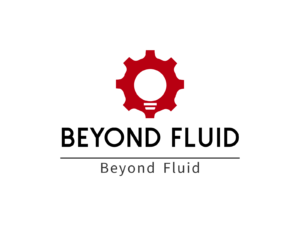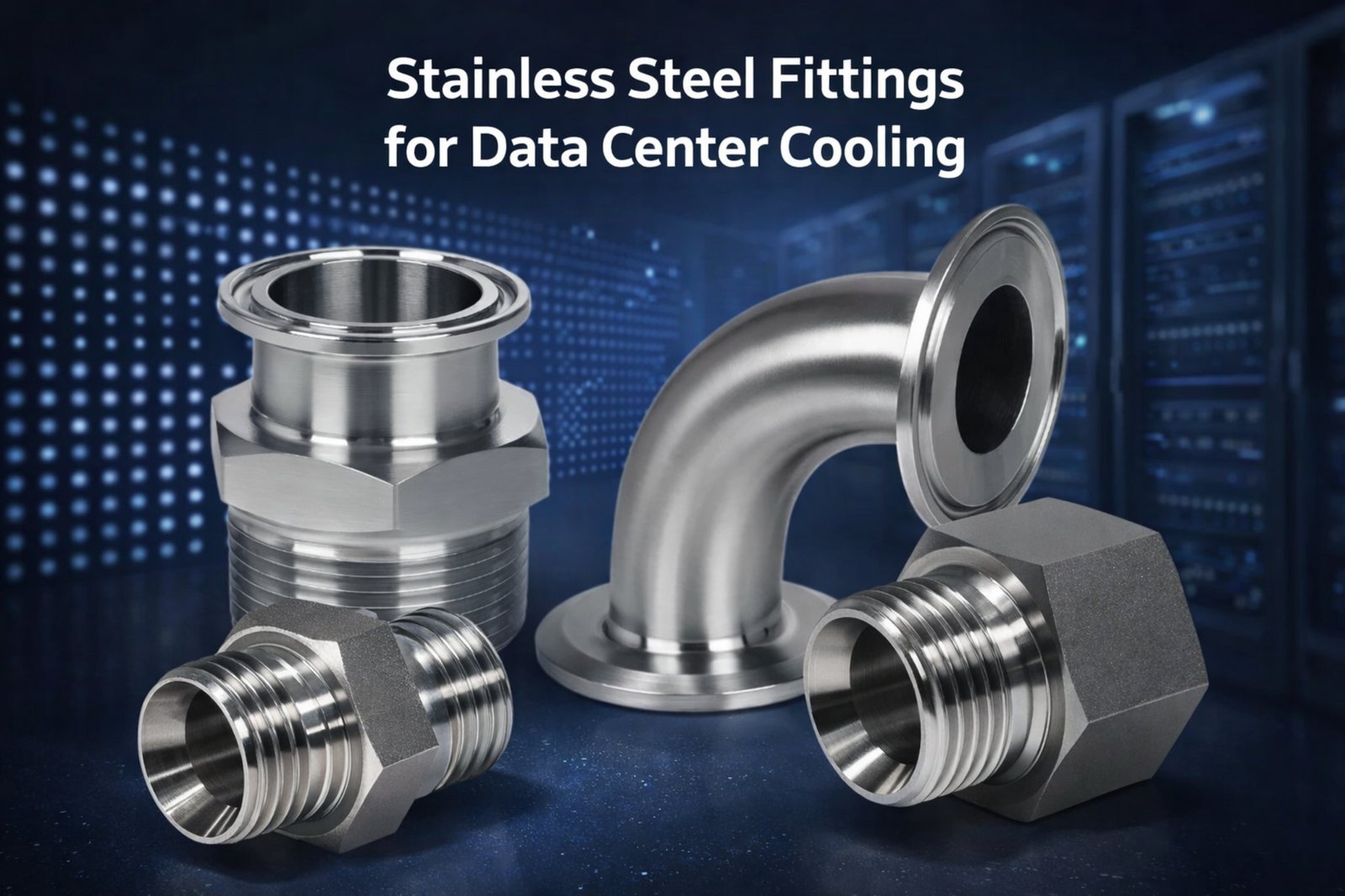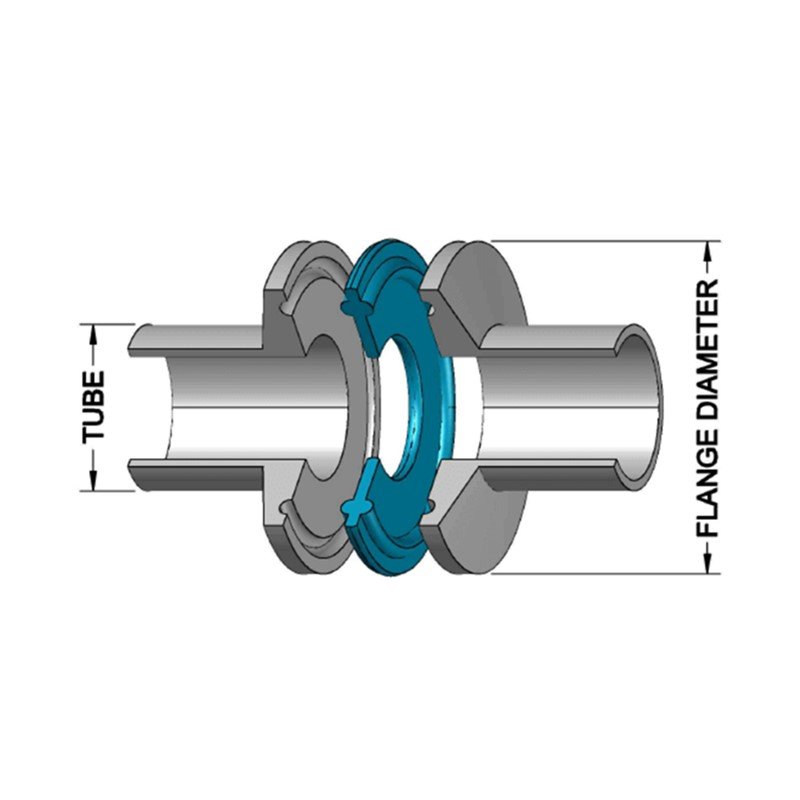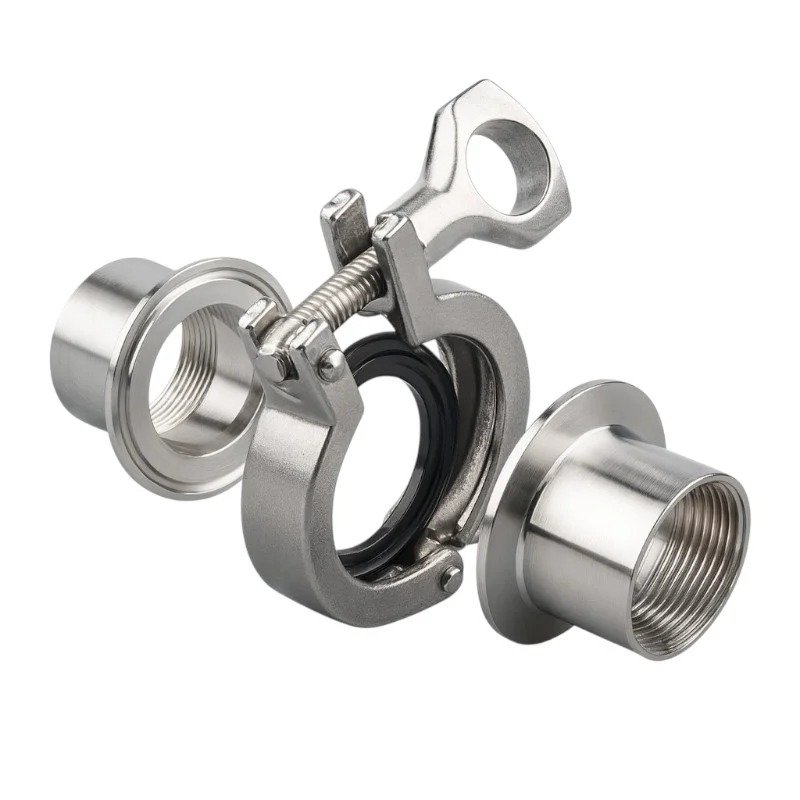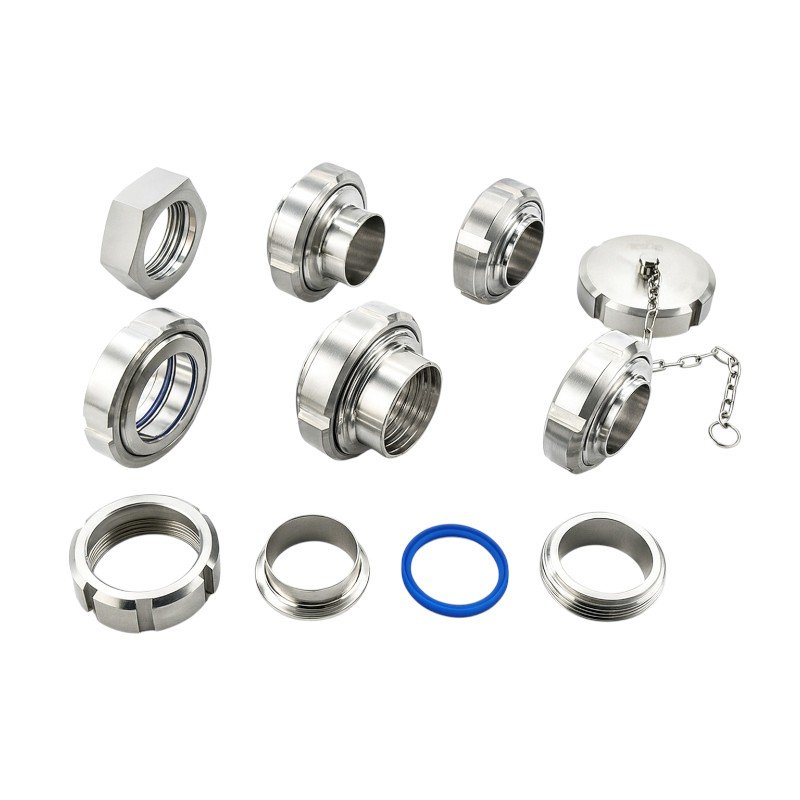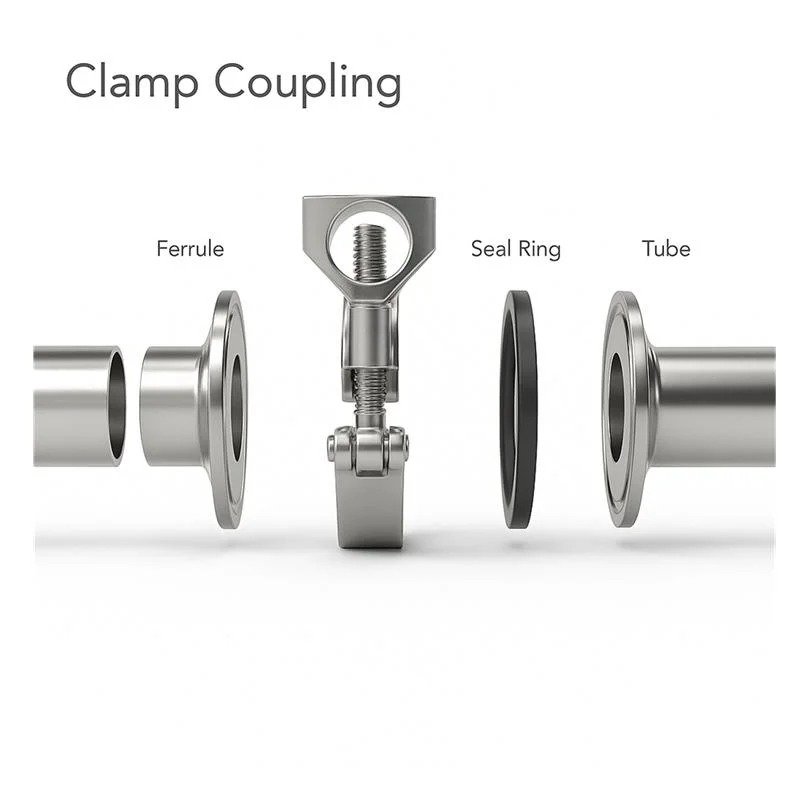
In fluid control systems1, selecting the right valve can determine efficiency and safety. Many industries rely on ball valves for their durability, ease of operation, and effective sealing properties.
Ball valves are primarily used to control the flow of liquids and gases in pipelines by providing a quick and reliable shut-off mechanism. Their simple design and effective sealing make them an ideal choice for many industrial applications.
Choosing the right valve for a pipeline system can be challenging. Understanding the purpose of ball valves and their applications will help engineers and procurement managers make informed decisions.
What is the purpose of the ball valve?

Pipeline systems require precise control over fluid flow2 to maintain efficiency and safety. A ball valve offers a robust solution by providing a tight seal and quick operation.
The purpose of a ball valve is to regulate, control, and shut off the flow of liquids or gases in a pipeline. Its rotating ball mechanism ensures a secure seal, preventing leaks and ensuring efficient fluid handling.
Advantages of Ball Valves
Ball valves are preferred for their unique benefits:
| Feature | Benefit |
|---|---|
| Quick operation | Requires only a 90-degree turn to open or close |
| Tight sealing | Minimizes leakage risk |
| Durability | Resistant to high pressures and temperatures |
| Versatile materials | Available in stainless steel, brass, and PVC |
| Low maintenance | Simple design with fewer moving parts |
Ball valves are widely used in industries such as oil and gas, water treatment, and pharmaceuticals due to their efficiency and reliability.
Why valves are provided in pipelines?
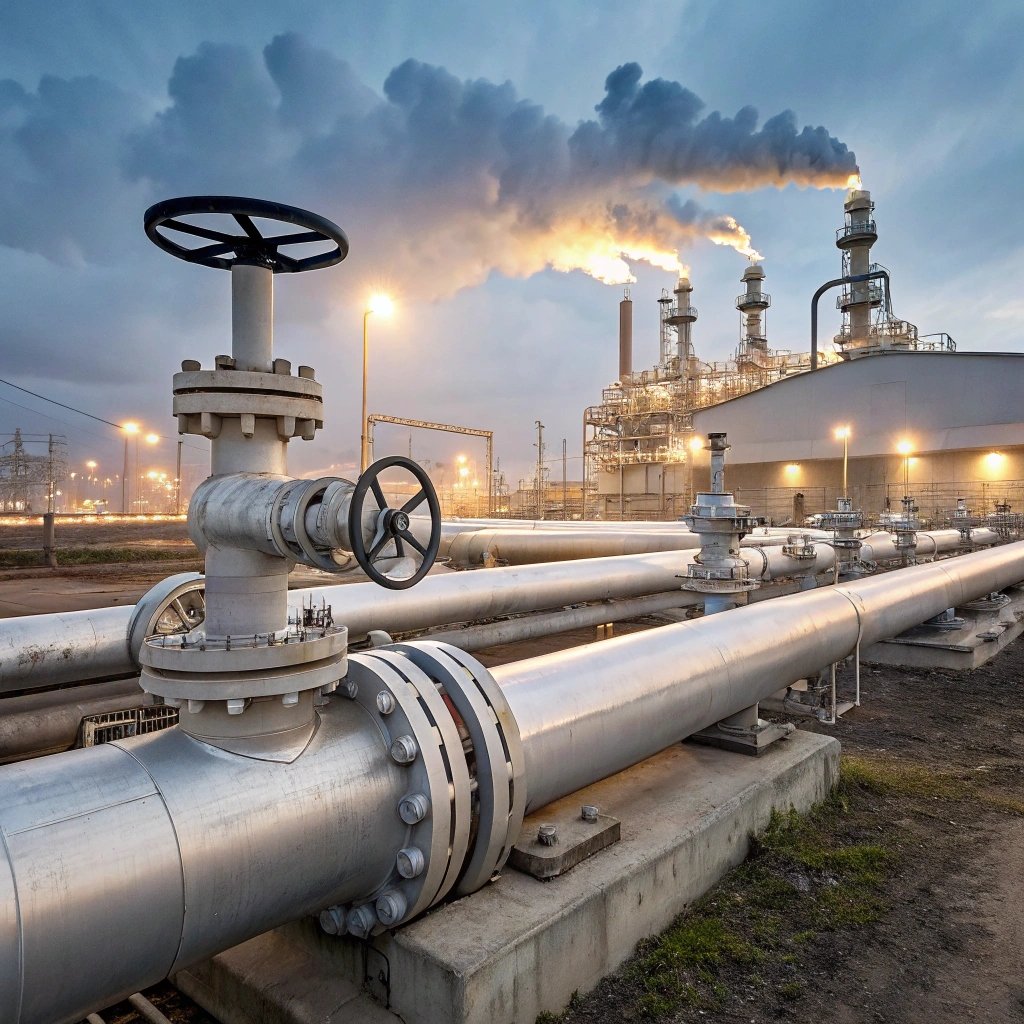
Pipeline networks must operate safely and efficiently. Valves play a crucial role in controlling flow, pressure, and isolation in these systems.
Valves are installed in pipelines to regulate flow, isolate sections for maintenance, and protect equipment from overpressure conditions. They ensure the smooth and safe operation of industrial fluid systems3.
Functions of Valves in Pipelines
Valves serve multiple functions, including:
- Flow Control – Adjusting fluid flow rate and pressure.
- Shut-Off Mechanism – Completely stopping flow when needed.
- Pressure Regulation – Preventing excessive pressure buildup.
- Directional Control – Allowing flow in only one direction.
- Emergency Response – Quickly shutting off flow in hazardous situations.
Proper valve selection depends on factors such as fluid type, pressure, temperature, and operational conditions.
What is a piping ball valve?

Among various valve types, the ball valve stands out due to its efficiency and robust design.
A piping ball valve is a quarter-turn valve that uses a rotating ball with a bore to control fluid flow. When aligned with the pipe, the valve opens; when rotated 90 degrees, it closes, ensuring a tight seal.
Types of Ball Valves
Different ball valve types suit various applications:
| Type | Description |
|---|---|
| Floating Ball Valve | The ball is free to move within the valve body, ensuring a tight seal. |
| Trunnion-Mounted Ball Valve | The ball is supported at both ends, suitable for high-pressure applications. |
| V-Port Ball Valve | Designed for precise flow control with a V-shaped opening. |
| Multi-Port Ball Valve | Allows flow direction control with multiple ports. |
These variations provide engineers with options to optimize performance in different industrial settings.
Where would you use a ball valve?

Ball valves are found in multiple industries due to their reliable performance and ease of use.
Ball valves are used in industries requiring quick shut-off and tight sealing, including oil and gas, chemical processing, water treatment, and pharmaceuticals. Their ability to handle high pressures and temperatures makes them versatile.
Common Applications of Ball Valves
- Oil & Gas Industry – Used in refining, transportation, and storage systems.
- Water Treatment Plants – Controls the flow of water and chemicals.
- Chemical Industry – Handles aggressive fluids in processing systems.
- Food & Beverage – Ensures sanitary conditions in processing pipelines.
- HVAC Systems – Regulates heating and cooling fluid flow.
Each industry benefits from ball valves due to their longevity, minimal maintenance, and effective sealing capabilities.
Conclusion
Ball valves play a vital role in pipeline systems by providing efficient flow control and reliable shut-off capabilities. Their versatility, durability, and ease of use make them indispensable in many industries.
-
Learn about fluid control systems to see how they function and their importance across various industries. ↩
-
Exploring fluid flow control methods can provide insights into optimizing efficiency and safety in various applications. ↩
-
Learn about the key components that contribute to the safe operation of industrial fluid systems, including valves and their roles. ↩

